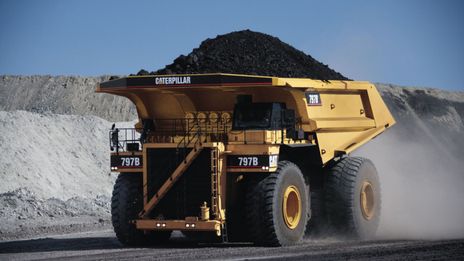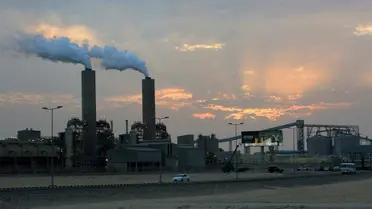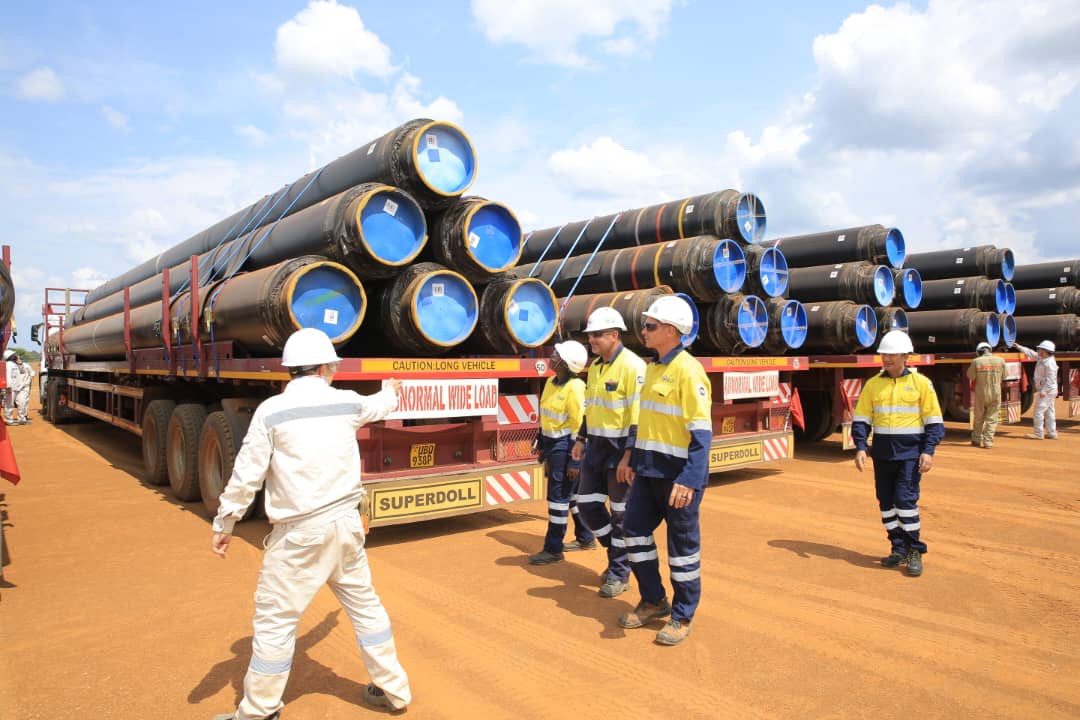Distribution

Gas may dash Big Oil's Namibian dreams

International companies and the government of Namibia had high hopes only months ago they could quickly cash in on offshore discoveries and turn the country they saw as the world's last frontier of untapped oil into a prolific producer.
They have since hit a major complication: an unexpectedly high percentage of gas in the fields, meaning they need to install additional infrastructure. That will slow development and may make projects unprofitable, according to executives, politicians and industry sources.
"What we are seeing is that all our discoveries have a very high gas-to-oil ratio," Namibia's Petroleum Commissioner Maggy Shino told an industry conference last month.
Namibian law bans flaring - or burning gas off, releasing CO2 into the atmosphere - meaning companies will have to inject the gas back into the reservoir or process it for consumption, which Shino said was in any case the right thing to do.
"We really want to utilise the gas and generate as much value as possible ... and start then the industry of gas-to-power and petrochemicals, established in Namibia," she said.
After initially hoping for first oil by 2026, Namibia's government is working with operators to agree on a single plan with common infrastructure for the 8.7 trillion cubic feet (tcf) of unexpected gas.
The idea is to revamp a long-stalled project, opens new tab to pipe gas to an onshore gas-fired power plant to supply Namibia, then neighbouring South Africa and the wider region.
Initially designed to handle 1.3 tcf from Namibia's smaller Kudu field, the power plant project and related gas infrastructure would need significant upscaling.
Namibia's government has started talks with Shell (SHEL.L), opens new tab, Total (TTEF.PA), opens new tab, Galp (GALP.LS), opens new tab and Norway's BW Energy (BWE.OL), opens new tab, and wants Namibia's national oil company Namcor lead the gas development plan.
For the companies, the problem is the additional work could delay oil production into the 2030s, making it harder to monetise.












